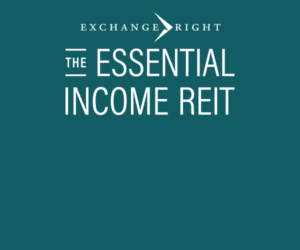U.S. Chamber of Commerce Appeals Judge’s DOL Fiduciary Rule Decision
February 28, 2017 | by James Sprow | Blue Vault

The retirement industry trade group that lost its court case in Texas against the Department of Labor’s fiduciary rule filed an appeal on Friday, February 24, in the U.S. Court of Appeals for the Fifth Circuit.
The U.S. Chamber of Commerce and its co-plaintiffs appealed the ruling of Chief Judge Barbara Lynn of the Northern District of Texas that upheld the fiduciary rule. The group had challenged the DOL’s authority on eight counts, all of which Judge Lynn rejected in her 81-page ruling. In the ruling Judge Lynn ruled that the Labor Department acted within its statutory authority under the Employee Retirement Income Security Act (ERISA) in promulgating the rule which expands the definition of fiduciary. She rejected each of the industry’s arguments against the rule, which included claims that DOL lacked authority to promulgate it, violated rulemaking parameters and created a new “private right of action” for clients to pursuing litigation against financial advisers.
The plaintiffs believe they can succeed at the appeals level.
“We remain confident in the merits and strength of our case and stand by our assertion that the Department of Labor exceeded its authority,” the groups said in a joint statement. “We have long supported a best interest standard, adopted by the appropriate regulatory authority and across all individual investor accounts, not just retirement. This is a misguided rule that will harm retirement savers and financial services firms that provide needed assistance and options to their clients, including modest savers and small business employees. Further the ‘private right of action’ mechanism creates unwarranted litigation risk for financial advisers, who will face the threat of meritless class action lawsuits challenging their every move.”
The Trump administration has ordered DOL to reassess the rule and modify or rescind it if the agency finds that it causes harm to investors or firms. The directive includes industry concerns that the rule is too complex and costly and will price investors with modest assets out of the advice market. Proponents of the rule argue that it is necessary to protect workers and retirees from conflicted advice that results in the purchase of inappropriate high-fee investments that erode savings.












